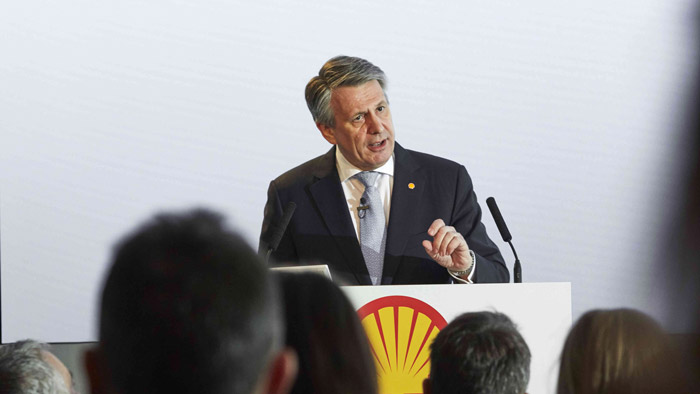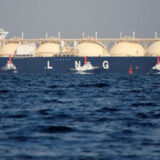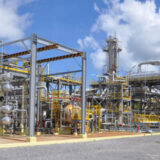
Oil majors Total and Shell announce their response to falling crude oil prices
Patrick Pouyanné, chairman and CEO of Total, addressed the French energy group’s employees on 19 March to mobilize them in the face of the challenges ahead. He recalled the resilience that the group’s teams demonstrated during the 2015-16 oil crisis as well as the two pillars of the group’s strategy which are the organic pre-dividend breakeven of less than USD25 per barrel and the low gearing to face this high volatility.
In a context of oil prices on the order of USD30 per barrel, he announced an action plan to be implemented immediately based on the following three axes:
- Organic capital expenditures (capex) cuts of more than USD3 billion, ie. more than 20%, reducing 2020 net investments to less than USD15 billion. These savings are mainly in the form of short-cycle flexible capex, which can be arbitrated contractually over a very short time period;
- USD800 million of savings in 2020 on operating costs compared to 2019, instead of the USD300 million previously announced;
- Suspension of the stock buyback program – the company announced a USD2 billion buyback for 2020 in a USD60 per barrel environment; it bought back USD550 million in the first two months.
Likewise, Royal Dutch Shell CEO Ben van Beurden announced a series of operational and financial initiatives that are expected to result in:
- reduction of underlying operating costs by USD3-4 billion per annum over the next 12 months compared to 2019 levels;
- reduction of cash capital expenditure to USD20 billion or below for 2020 from a planned level of around USD25 billion;
- and material reductions in working capital.
Together, these initiatives are expected to contribute USD8-9 billion of free cash flow on a pre-tax basis. Shell is still committed to its divestment programme of more than USD10 billion of assets in 2019-20 but timing depends on market conditions.
“As well as protecting our staff and customers in this difficult time, we are also taking immediate steps to ensure the financial strength and resilience of our business,” said van Beurden. “The combination of steeply falling oil demand and rapidly increasing supply may be unique, but Shell has weathered market volatility many times in the past.”
The Board of Royal Dutch Shell has decided not to continue with the next tranche of the share buyback programme following the completion of the current share buyback tranche.











